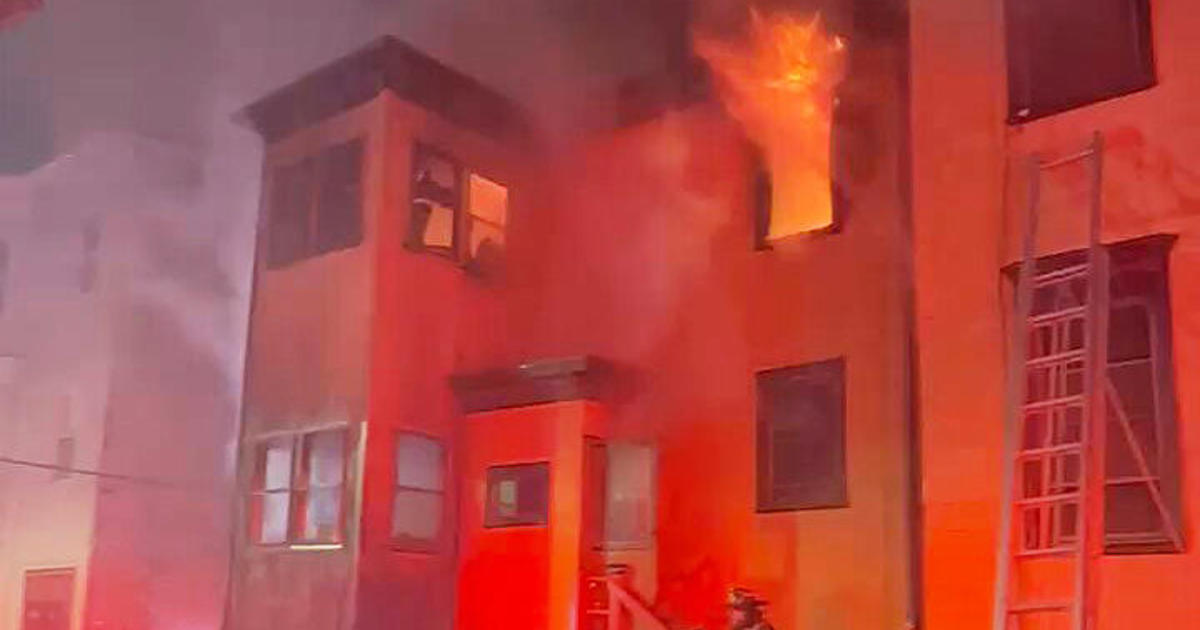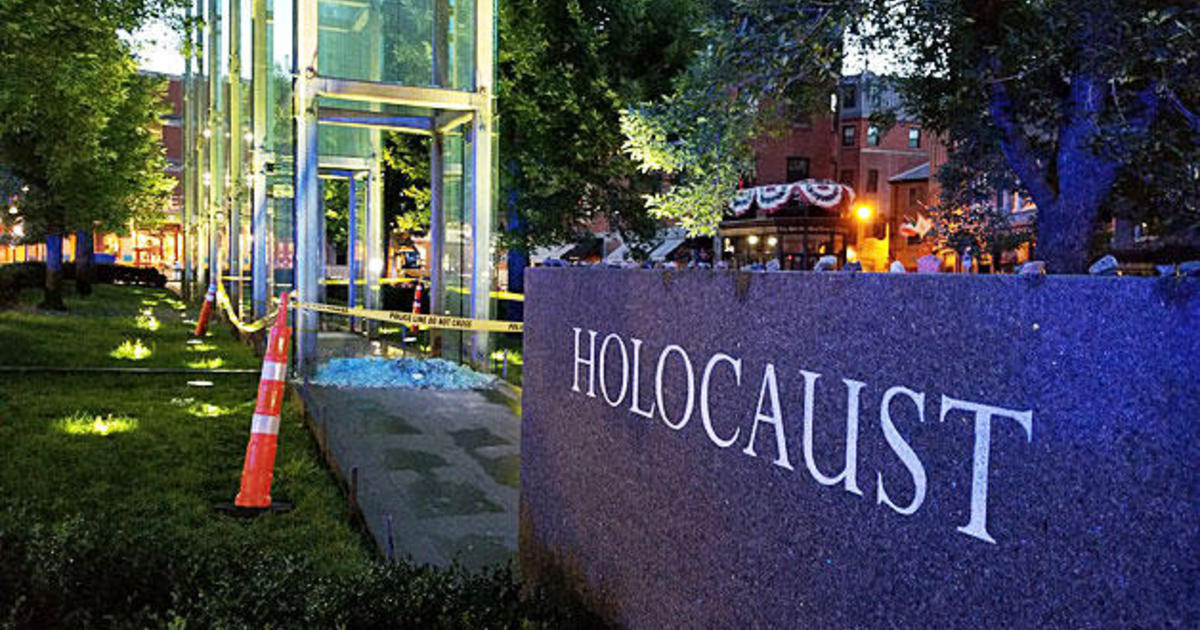Psychology Of Healing After Marathon Bombing
BOSTON (CBS) - It's a sunny Saturday, the yellow bus carrying "Team Spaulding" pulls in to the Natick VFW. Runners receive water bottles and hugs and words of encouragement from psychologist and cheerleader, Dr. Chris Carter, with Spaulding Rehabilitation hospital. Carter got up early to greet his team. "We have administrators, we have clinicians, we have former patients, we have family members, we have friends of people who are injured. Everybody here today has a reason for running, and they're all different stories," says Dr. Carter. Some will do today what they were unable to last year: cross the finish line.
Steven Patrick, VP of Development for Partners Continuing Care and Spaulding Rehabilitation Network rallies the team of runners with a big smile and a big announcement: "Congratulations, we've met our original goal of raising half-a million-dollars and then some. We've surpassed our goal, and are well on the way to our stretch goal of raising 750-thousand. That's a milestone." The runners exchange high-fives and a chorus of "whoops and hollers" fills the clear air outside the VFW. They're excited.
"Today feels like Christmas, " one runner tells me. "The anticipation is huge."
WBZ NewsRadio 1030's Laurie Kirby Reports
Psychology Of Healing After Marathon Bombing
"This 21 mile practice run is important," says Patrick. "We have gotten great counsel from Dr. Carter, our team psychologist and for the hospital as well. Even my team, at the end of the finish line we have a reception at the Mandarin. And the impact of that last year was overwhelming. We went back to the Mandarin this week, and we had Dr. Carter there so we could really experience the emotions. Two of our staff broke down in tears, but it was healing for them. Dr. Carter talked about the importance to realize it's okay to feel whatever your feeling, and let yourself feel it. And it was healing. "
Spaulding's state-of-the-art facility in Charlestown opened last year 12 days after the Marathon Bombings. Their first nine patients were marathon survivors. They ended up with thirty-two.
"Healing for survivors and staff is a process," says Dr. Carter. "When people left here, yes it was a chapter in a good story, but it was just the beginning of a much more complicated chapter for people. They're not done yet, and there's not a nice little bow we can tie up and say this is a happy ending, and a happy story for people, the way we would like to."
"I'm not a big fan of this term 'closure,'" said Dr. Larry Berkowitz, Director of Riverside Trauma in Needham, which responded with trauma teams after the bombing, and helped coordinate a state-wide effort to counsel people in need. "We don't put 'closure' on a big event like this in our lives. If you were in that area, if you were impacted, or a family member was impacted our lives are different. It's a new normal. It doesn't mean things will be bad, and we can remember that for many us going through something different we realize we learn something about our selves."
I asked Dr. Berkowitz whether Boston is a broken city. He thinks for a moment, and looks up from the small table in his Needham office where he's poured us hot coffee after a long day. "I am reminded of the quote by Ernest Hemingway, 'strong at the broken places.' I believe Boston, one year later, is strong in all the broken places."
MORE LOCAL NEWS FROM CBS BOSTON



